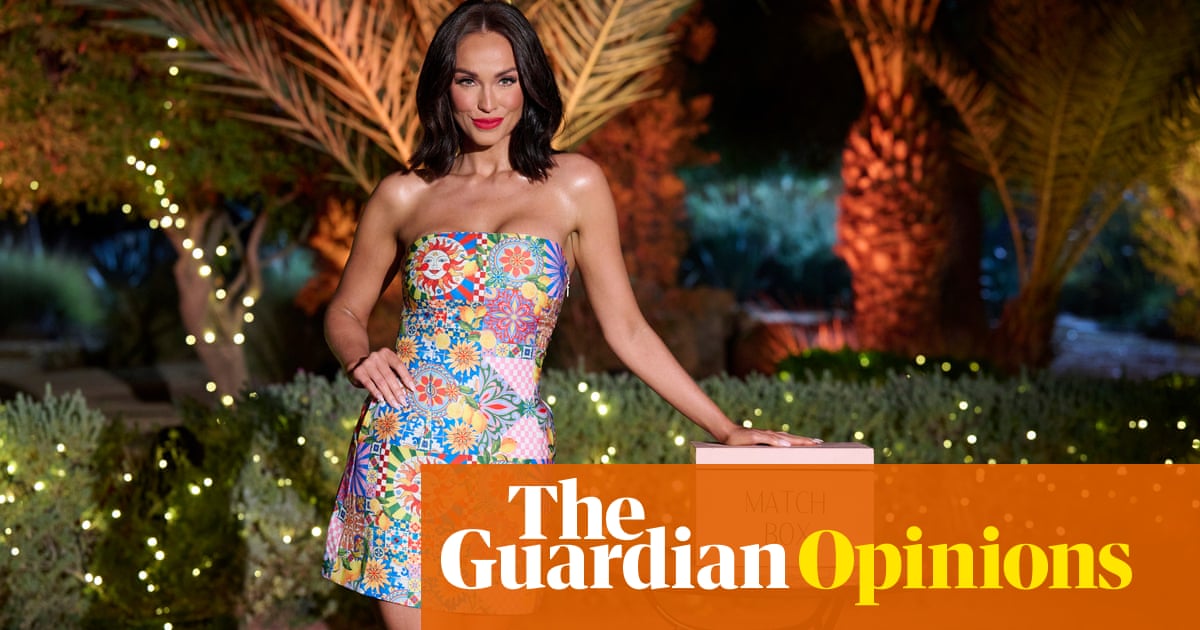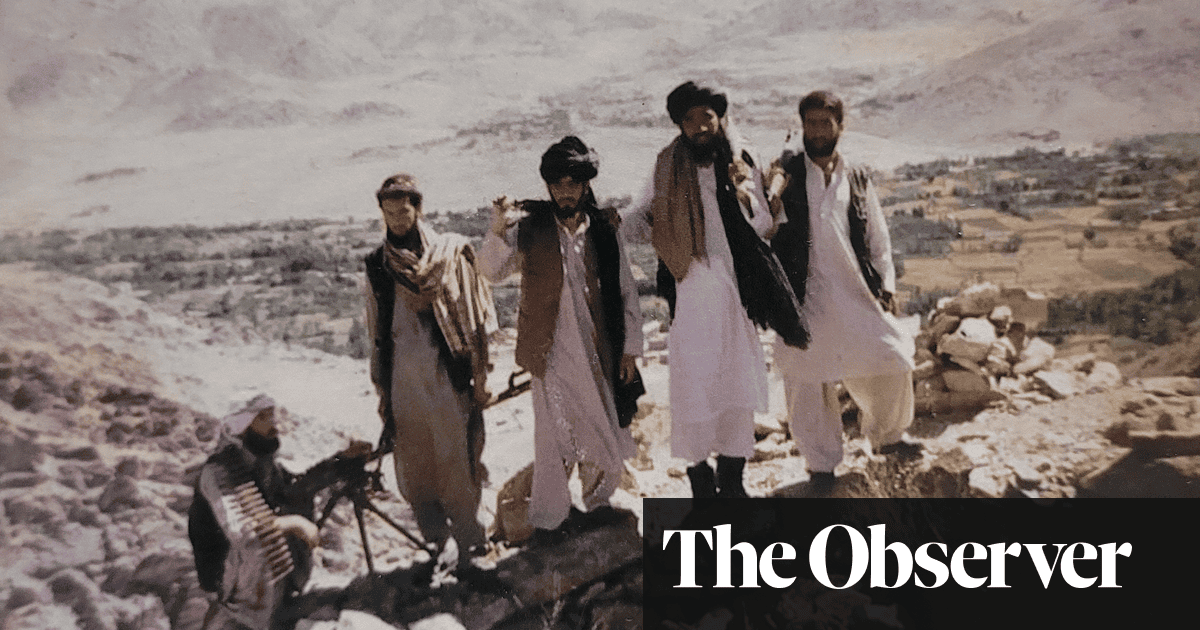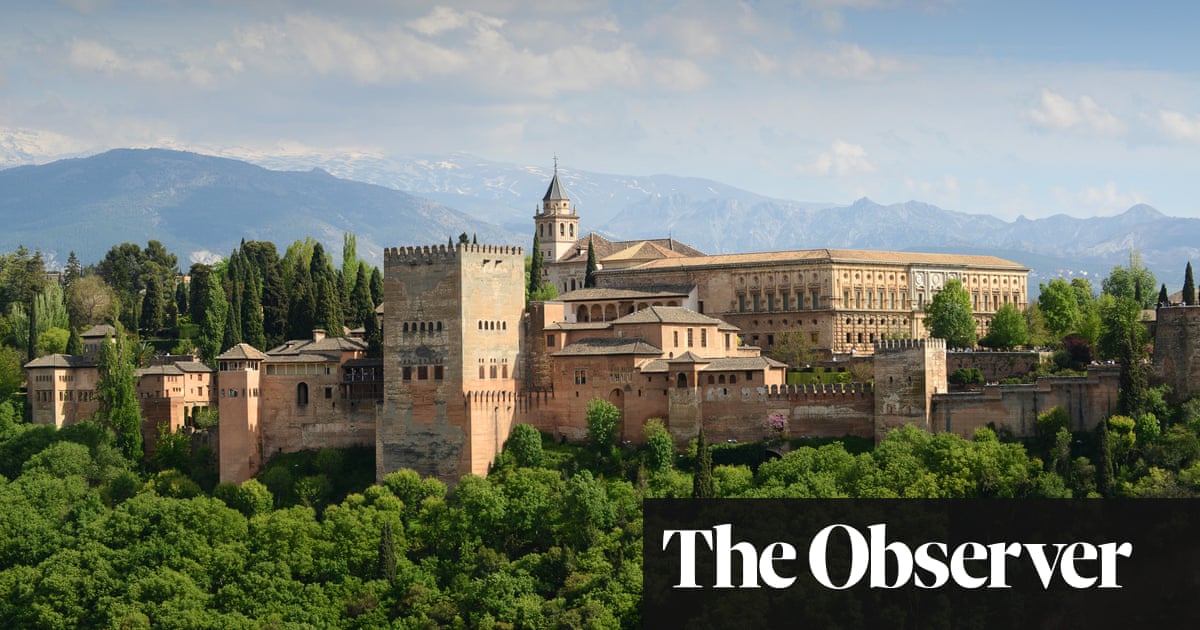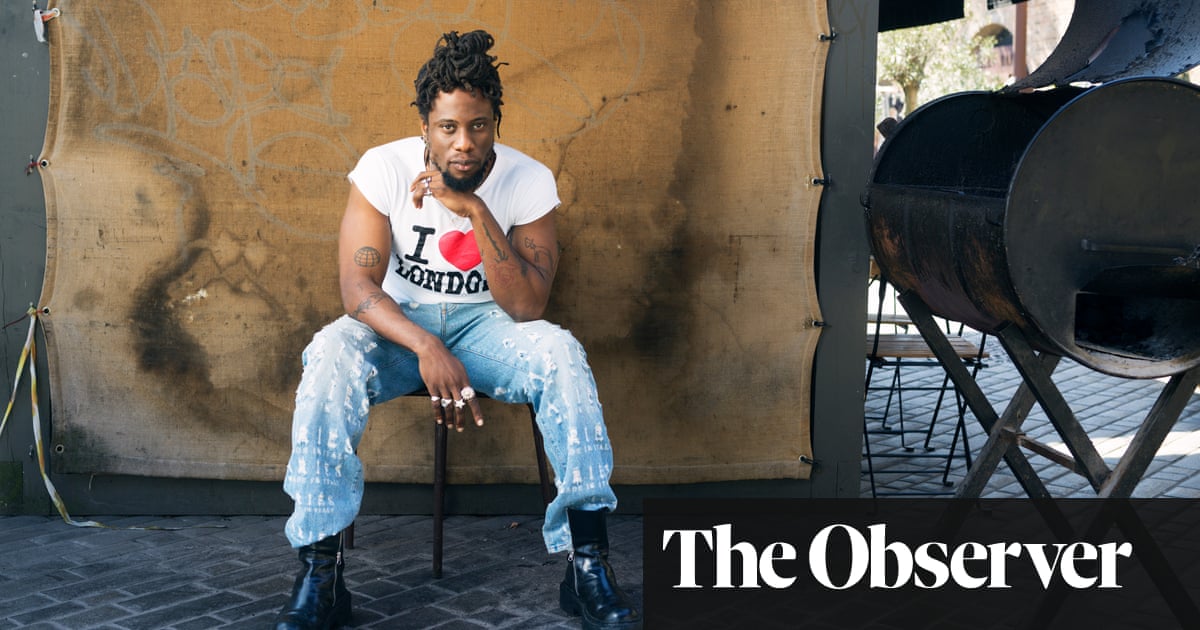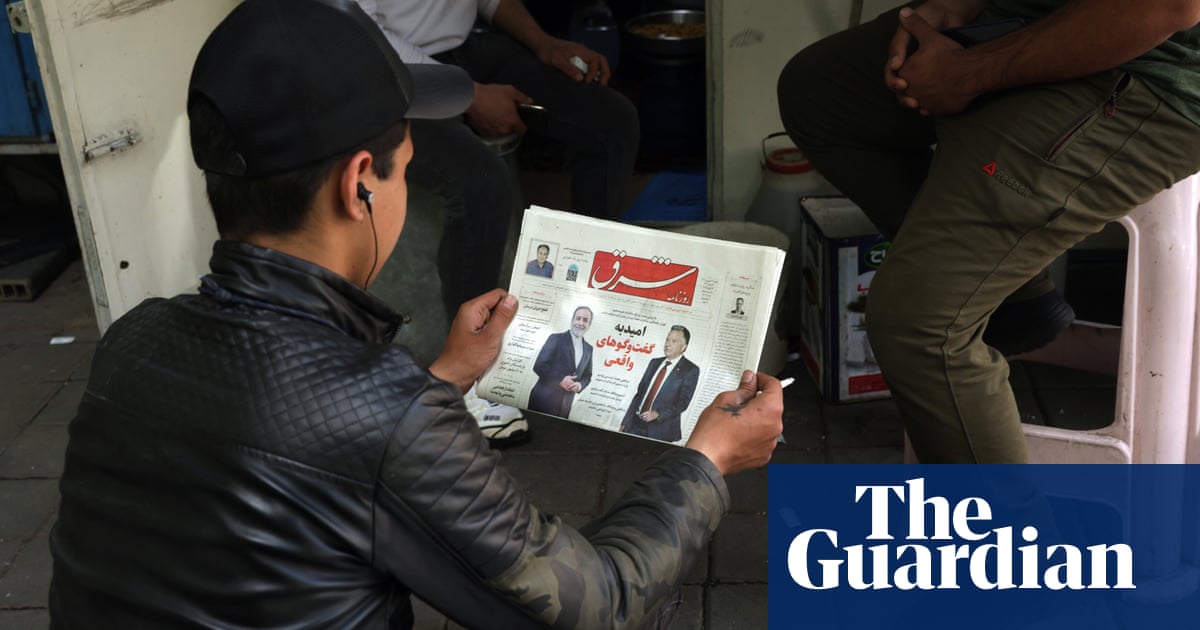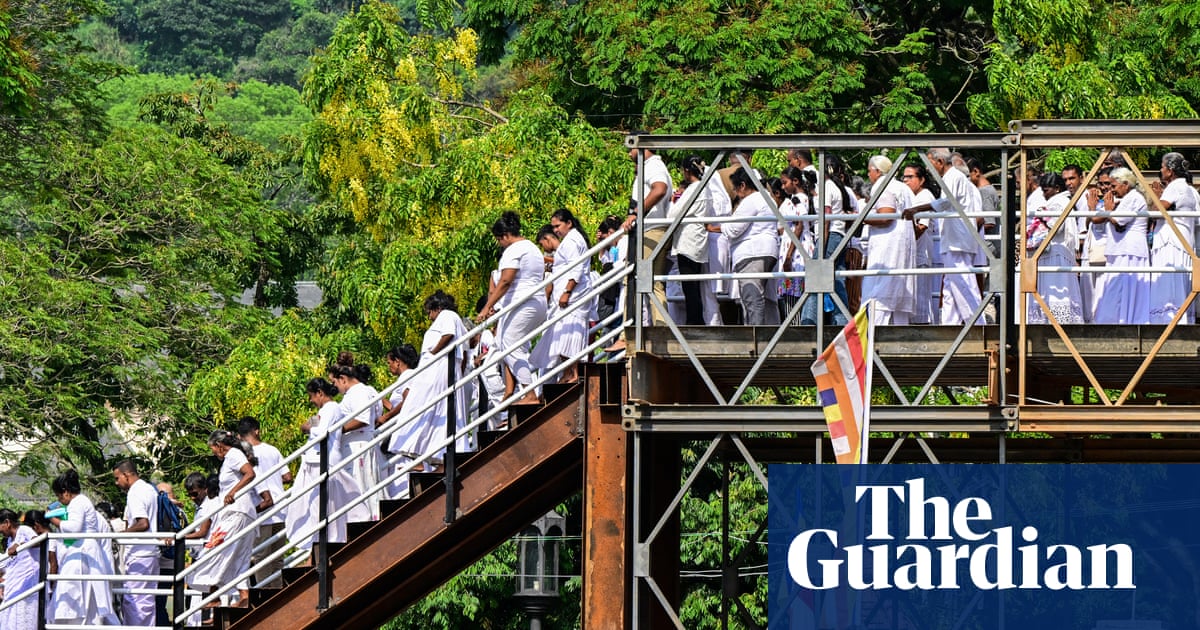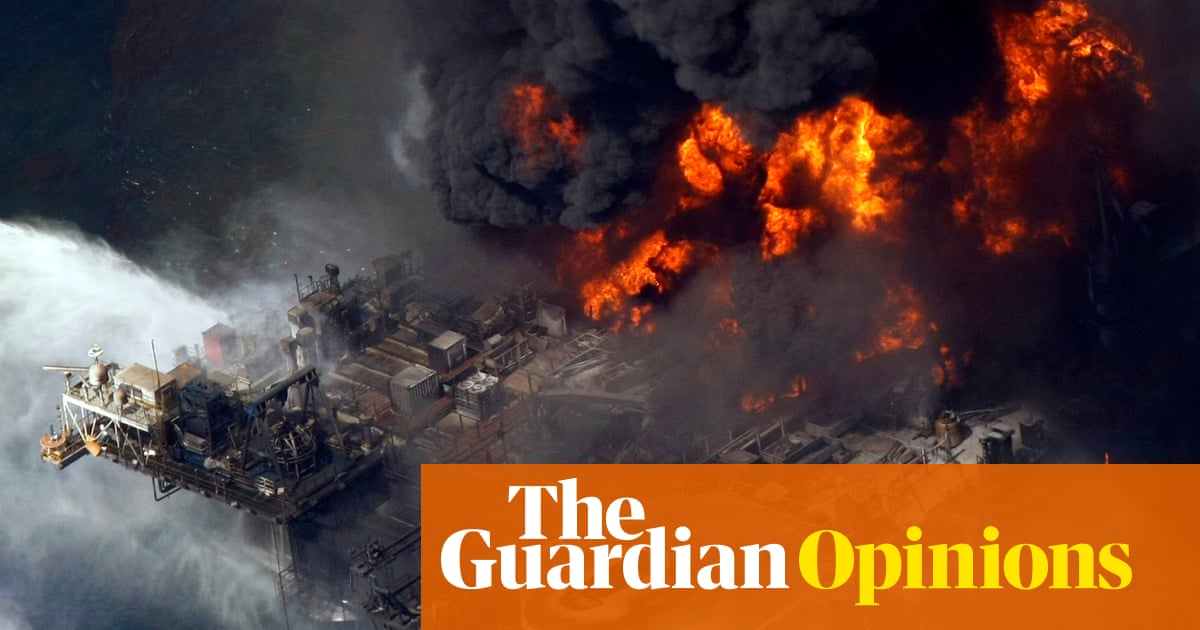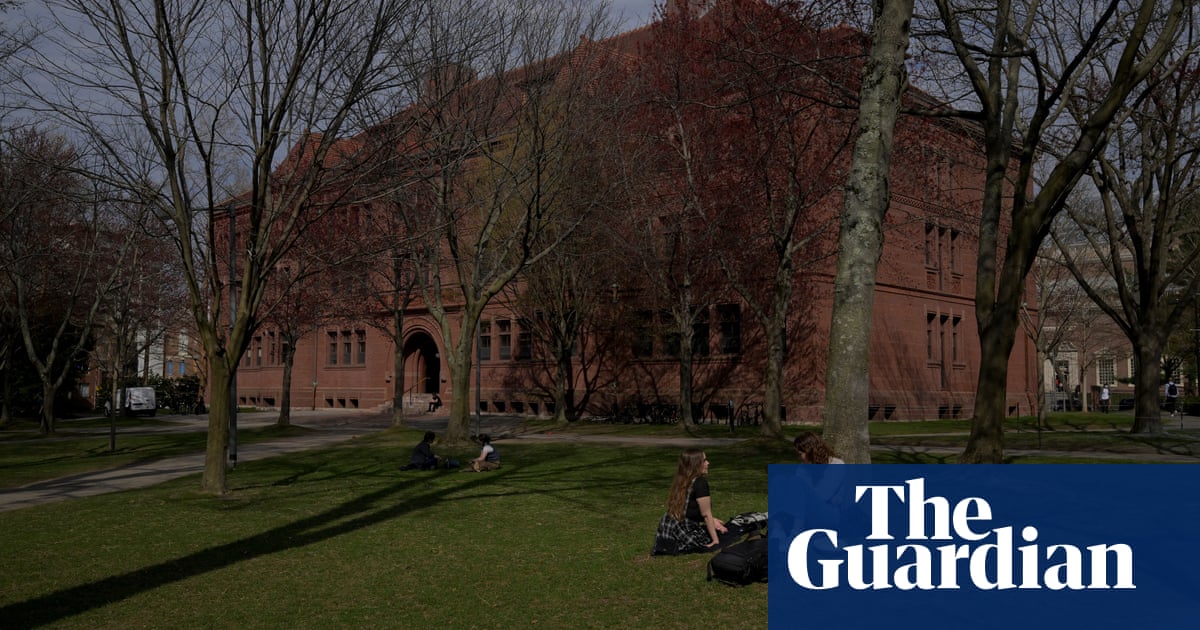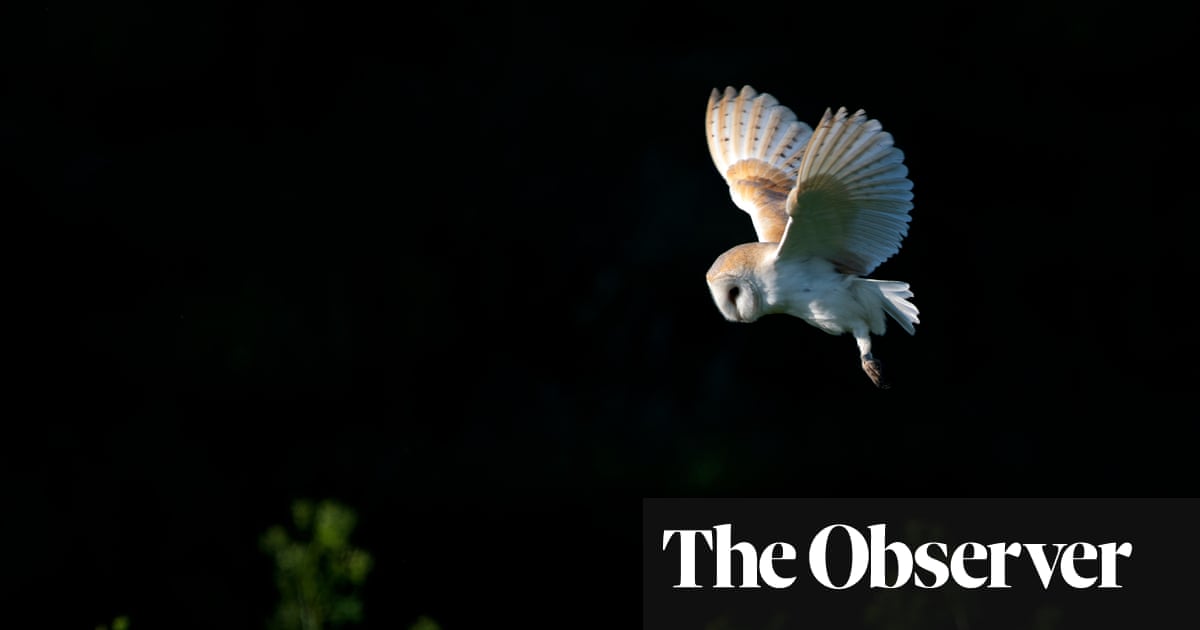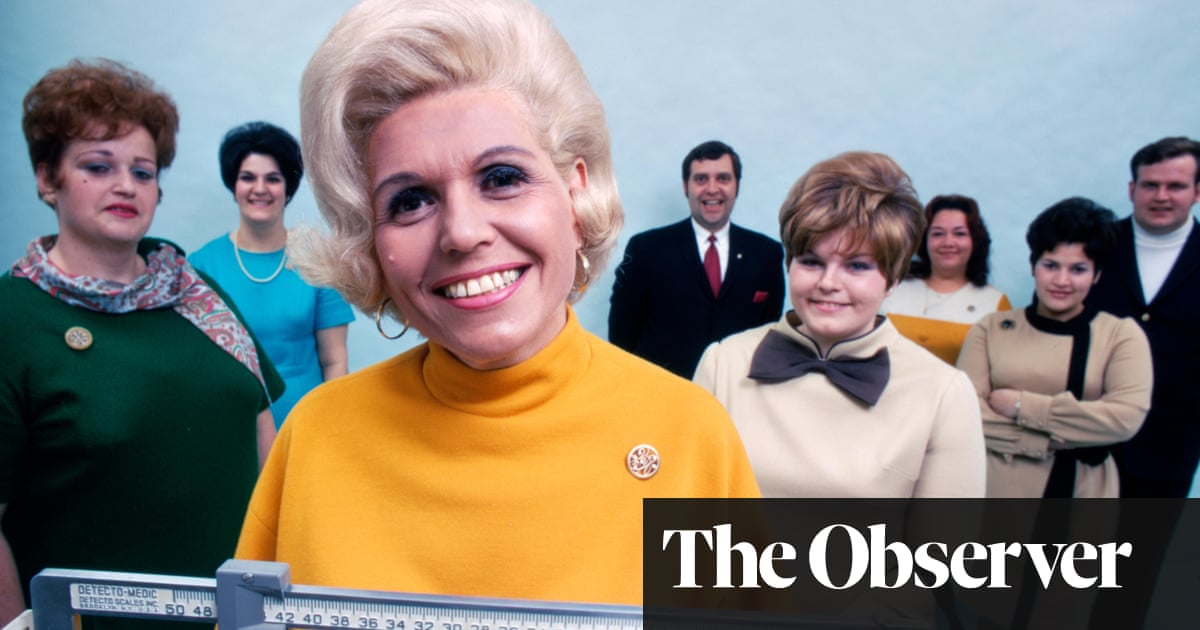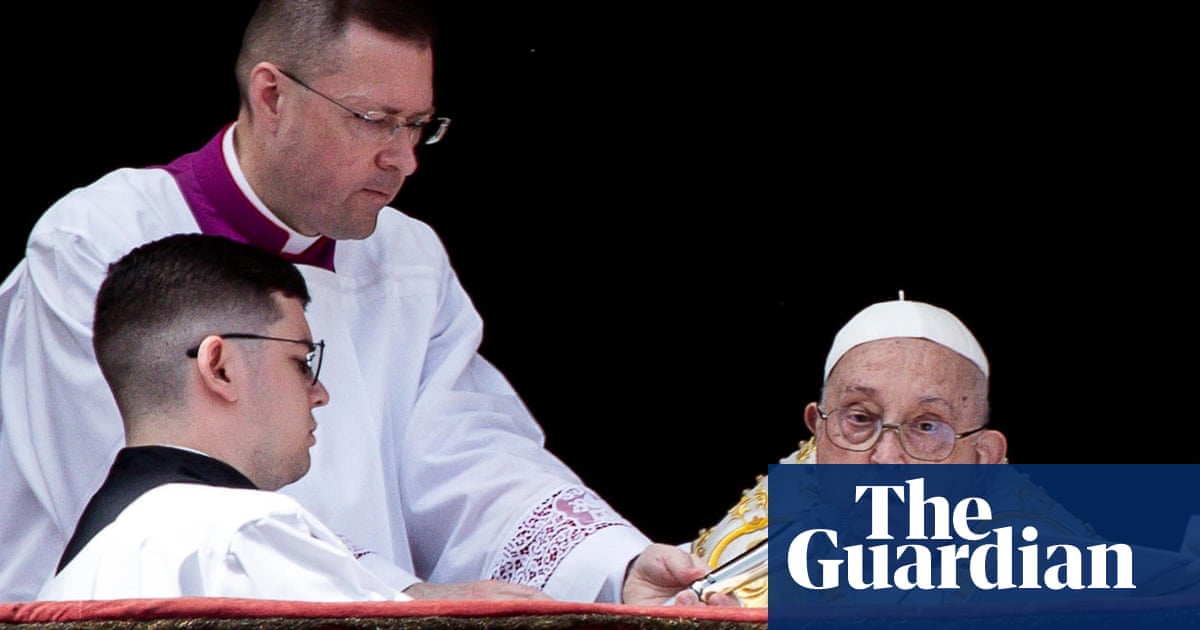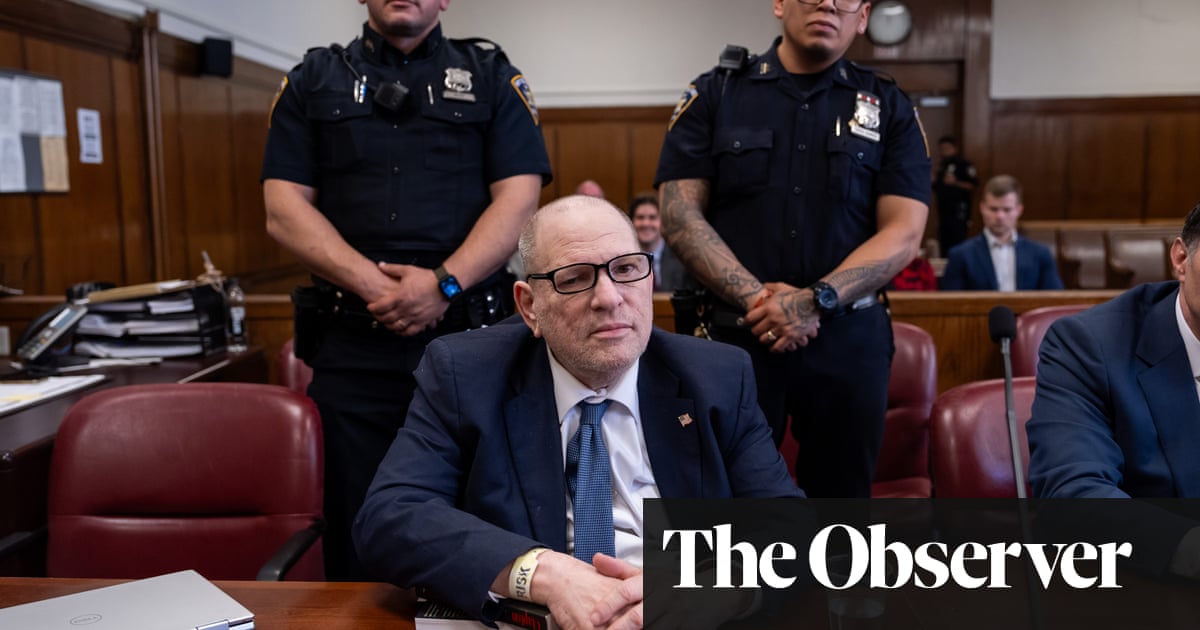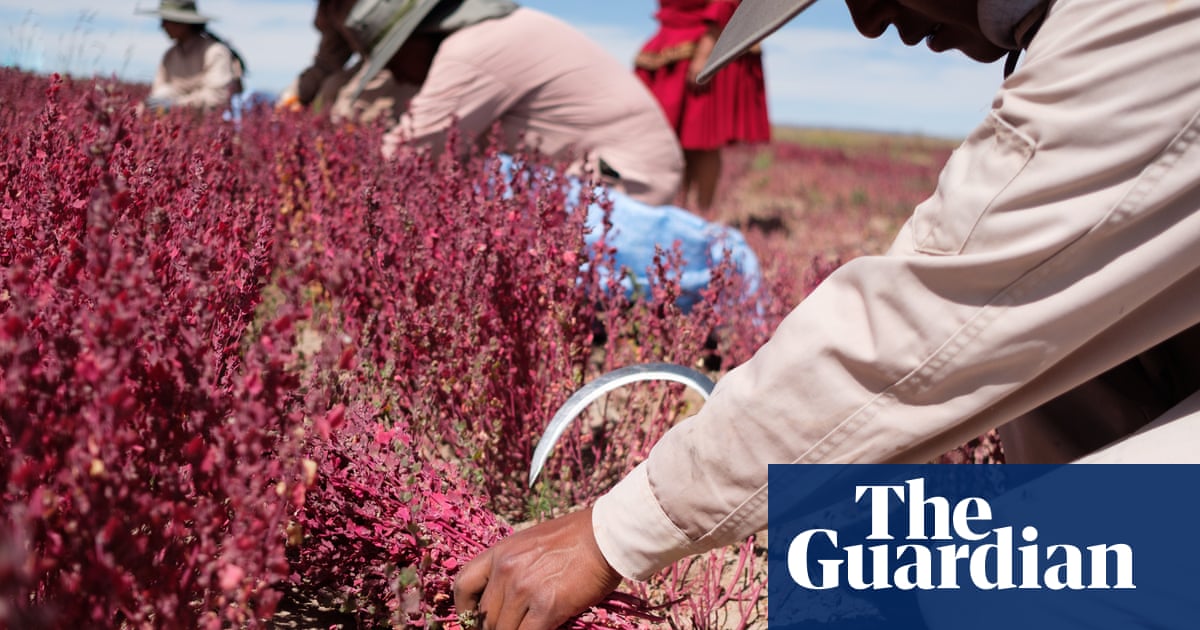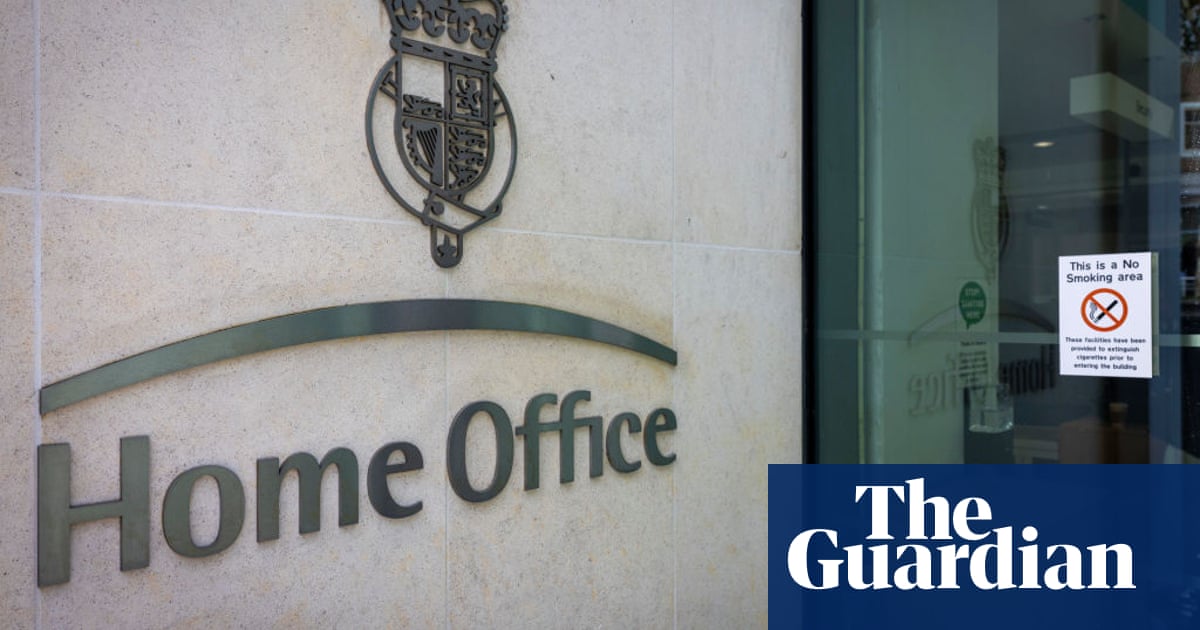It has become something of a cliche to compare modern photographic compositions to Renaissance paintings, but that is what I thought of when I saw the image of the baby boy born on a crowded small boat that was rescued off the coast of Lanzarote this week. Granted, Renaissance painters were notoriously bad at babies, and with his wrinkled little face and his full head of hair, this baby is as real as it gets. But composition-wise, there is something in the twist of the torsos of all those exhausted people turning towards him and his mother, the arms outstretched, hands reaching. For a photo not taken by a professional, the effect is startling.
What had this new mother just gone through? To be in early labour in such circumstances, let alone the later stages, let alone delivery … once again, I’m left astonished by the sheer physical and emotional endurance of women.
Most moving of all, though, was the way the child’s arrival was reported. Domingo Trujillo, the captain of the Talía search and rescue vessel, told how: “I covered him up, took him here [to my chest] and patted him so that he would stop crying,” while the helicopter pilot, Álvaro Serrano Pérez, said: “It being Three Kings Day, this was the best gift we could have received.” The tone of the discourse around migration is now so poisonous that to hear an infant born to a migrant described as a gift – as all new babies should be – feels heartbreakingly rare.
I write this as the foreign secretary, David Lammy, announces new sanctions aimed at combatting “migrant exploitation”. He frames the subject of immigration within a context of wider global threats, while caveating that framing with an insistence that this is about helping “the most vulnerable”. While I have no doubt that people smugglers need to be prevented from putting so many lives at risk, I couldn’t help but notice the language used. Like almost anything appearing in the British press on the subject of migration, it’s a study in dehumanisation. The human stories behind every wave of movement across seas and continents in history remain curiously occluded behind terms such as “irregular migration”. Lammy is not comparing these people to cockroaches, or calling them rapists, but in his party’s choice of words and policies, it’s hard not to conclude that Labour is pandering to the right, no matter how much it claims migration can be a progressive issue as it does so.
But here, to refute all this, is this beautiful baby. Not so easy, is it, to obscure the humanity of babies. Though my God, are there some people contorting to do so on a global scale just about now, especially those babies in Gaza, the ones that are freezing to death as I write. Easier to do so when it’s older boys, particularly ones with brown skin who are throwing stones, or who could be lying about their age to claim asylum. Perhaps it will happen to this boy, too, one day, but for the time being, he’s blissfully unaware of that. He’s just a little baby who certainly didn’t know he would be born on a boat to a mother undertaking a perilous journey.
I thought quite often of refugee women when I was pregnant; pregnancy and birth are unifying experiences that way. At times I was quite stressed, and I worried for the baby, as you do, but then I would think of all the women who had crossed continents and oceans pregnant, who had fled war zones and were living in camps. Human history is a history of migration, and so many babies have been born on the move, in the most perilous of circumstances. Why do you think being rocked and swayed and carried is so soothing to infants? We have spent 98% of our time on Earth as anatomically modern humans as nomads. That instinct for momentum lives within all of us.
Recently I listened to Dr Gabor Maté, an expert in trauma, speaking about the effect of stress in pregnancy. He reflected on being born in Hungary two months before the Nazi invasion, and how at the age of 11 months his mother, whose milk had dried up when her parents died in Auschwitz, handed him to a stranger in the street and said: “Please take this baby,” thereby saving his life. This avoidable set of extreme circumstances left him with profound wounds, but also with a compassion for the suffering of others, in Gaza and elsewhere, which many could learn from.
It is more of this compassion that is needed. Over the years it has manifested in the public arena in fits and bursts, but it can be quickly forgotten. As Syria was liberated from Assad, how many people’s thoughts turned to little Alan Kurdi, whose name was once on everyone’s lips? The same fate could have easily befallen this new baby boy.
Last September, six children and a pregnant woman died in the Channel. The next month, a four-month-old baby boy died, and a two-year-old boy was trampled to death. We will see more and more children and pregnant women making such journeys, and my perhaps naive hope is that our shared humanity will bring about a change to the way we talk about migration. That rescue crew, with their tenderness and natural instincts towards comfort and joy, are already showing us how it’s done.
-
Rhiannon Lucy Cosslett is a Guardian columnist

 3 months ago
47
3 months ago
47

